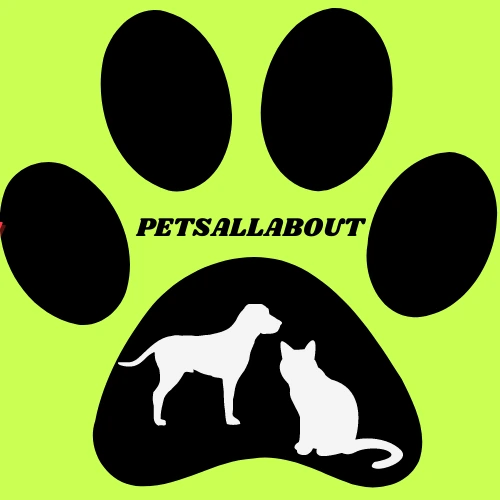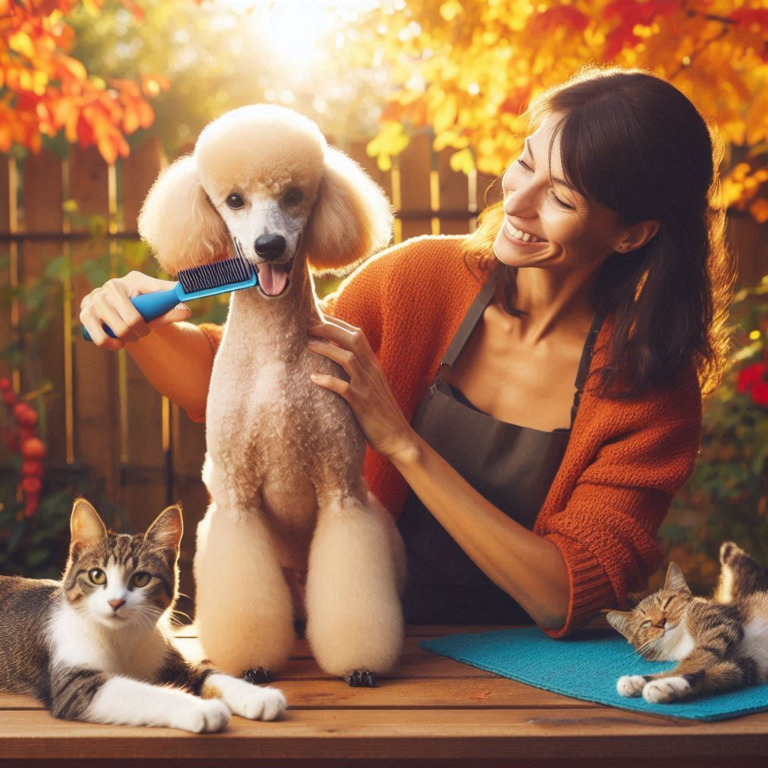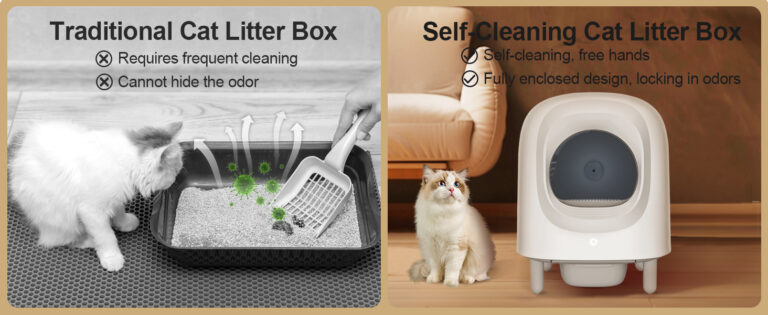We’ve all heard the saying that “a dog’s mouth is cleaner than a human’s.” It’s a popular notion that has been passed down through generations. But is there any truth to this claim, or is it just an old wives’ tale?
The belief that a dog’s mouth is cleaner than a human’s has long been a topic of debate. While dogs and humans have distinct oral environments, comparing the cleanliness of their mouths is more complex than a simple statement can convey.
The best five dog dental care products
| Product name | Stars / Ratings | Learn more |
| 1. Vet’s Best Enzymatic Dog Toothpaste | 4.4 / 40,369 | Learn more |
| 2. TropiClean Fresh Breath Original/Dog Oral Care | 4.3 / 21,667 | Learn more |
| 3. Dental Fresh Advanced Plaque and Tartar Water Additive | 4.3 / 20,421 | Learn more |
| 4. Nylabone Advanced Oral Care Water Additive | 4.3 / 18,290 | Learn more |
| 5. Petlab Co. Dog Dental Formula | 4.0 / 17,200 | Learn more |
Understanding Oral Bacteria in Both Dogs and Humans
- While both species host a variety of bacteria in their mouths, their compositions differ. Humans possess diverse bacterial communities adapted to their omnivorous diet and complex oral hygiene practices.
- In contrast, dogs have specialized bacteria suited to their carnivorous diet and natural chewing behaviors. These bacteria play a crucial role in oral health and disease development.
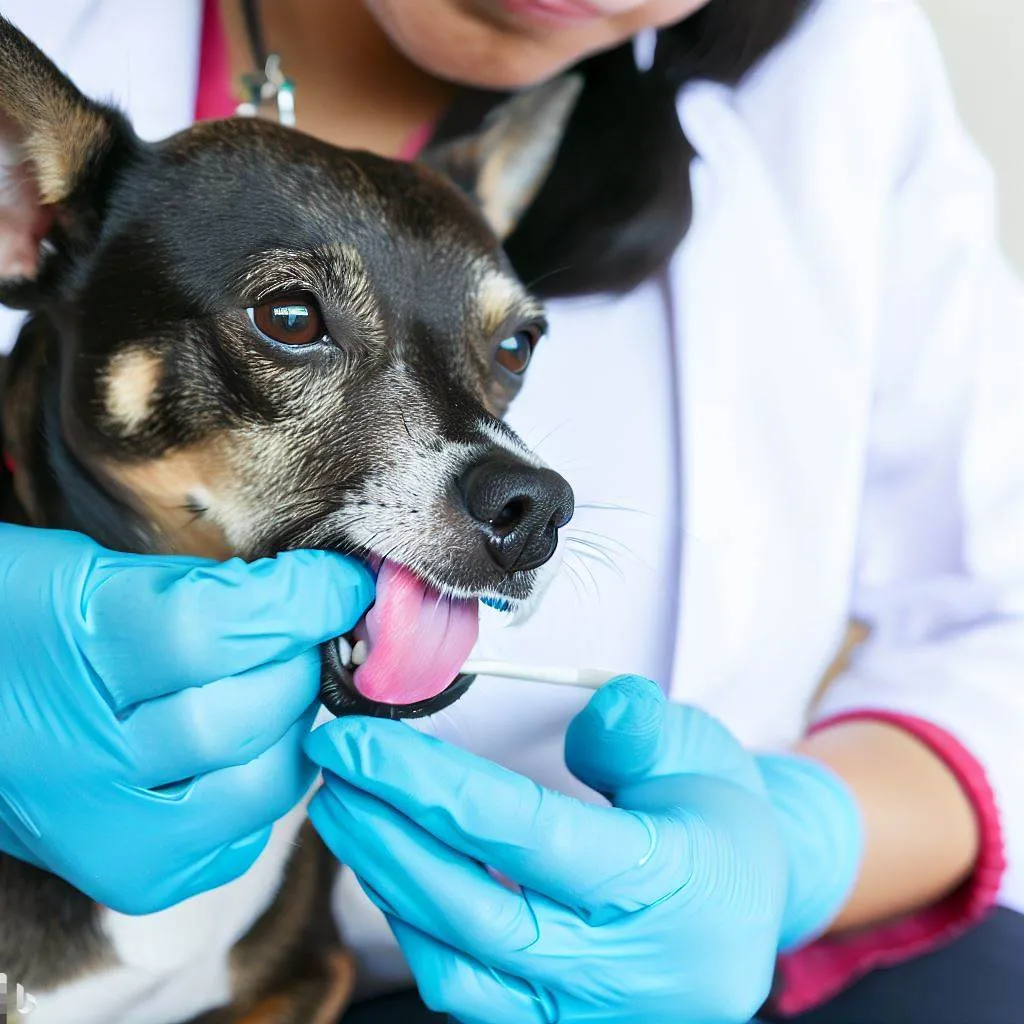
Differences in Dental Care
- Humans have developed comprehensive oral hygiene routines, including brushing, flossing, and professional cleanings.
- Dogs, lacking dexterity, rely on natural mechanisms like chewing to reduce plaque buildup.
- Human dental care emphasizes prevention and maintenance, while dogs benefit from their innate chewing instincts.
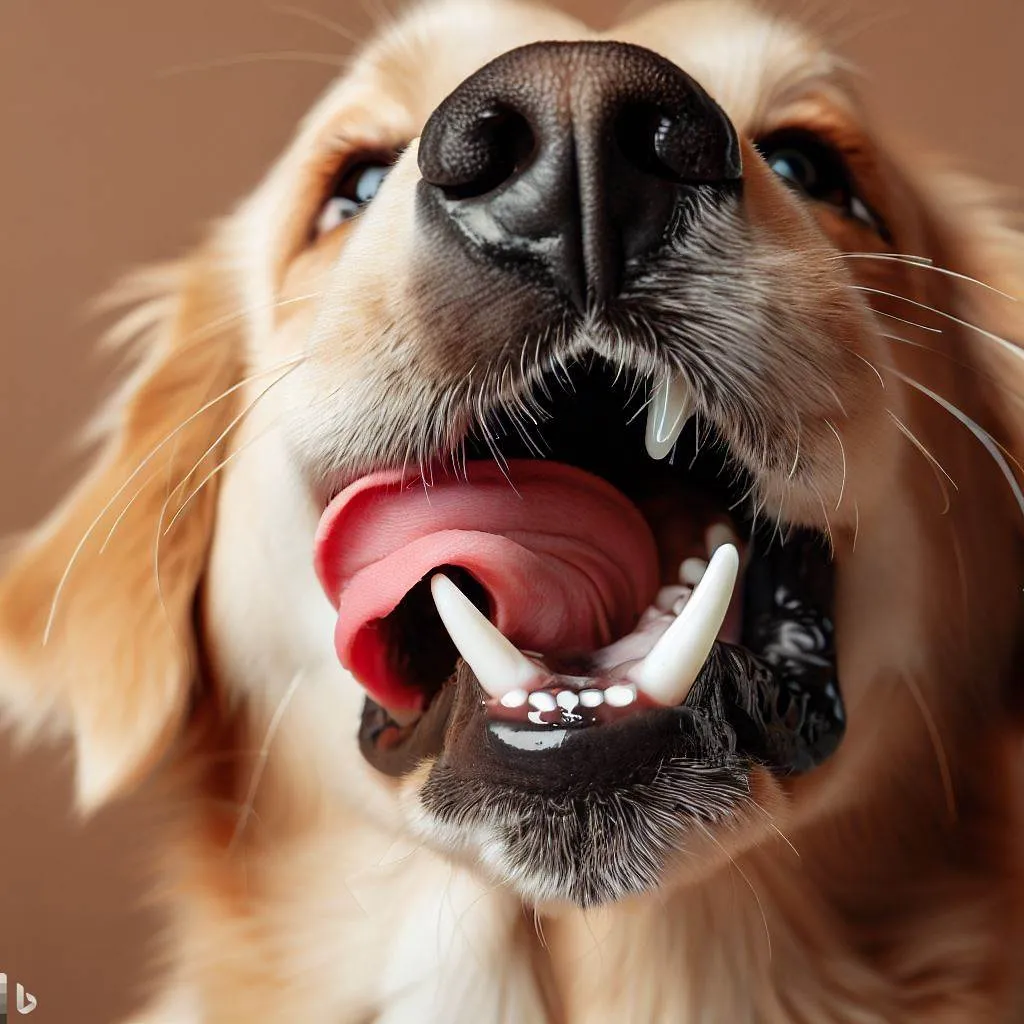
Saliva and Its Role
- Saliva plays a vital role in oral health for both dogs and humans. It contains enzymes that aid in breaking down food particles, promoting digestion and maintaining a balanced oral environment. In humans, continuous saliva production helps cleanse the mouth, neutralizing acids and supporting teeth remineralization.
- In dogs, saliva contributes to food lubrication and digestion. While humans benefit from regular saliva flow that aids in self-cleaning, dogs’ saliva serves essential functions in their digestive process and overall oral hygiene.
Human Oral Hygiene Practices
- Human oral hygiene practices encompass a range of routines designed to maintain optimal oral health. These practices include regular brushing using toothpaste and a toothbrush to remove plaque and prevent cavities.
- Flossing helps clean between teeth where brushes can’t reach, reducing the risk of gum disease.
- Professional dental cleanings and check-ups provide thorough examinations and treatments.
- Mouthwash can aid in reducing bacteria and freshening breath. These practices, when consistently followed, contribute to healthy teeth and gums,
Canine Dental Habits
- Canine dental habits revolve around natural behaviors that aid in maintaining oral health. Dogs instinctively chew on toys, bones, and treats, which mechanically remove plaque and tartar buildup. This chewing action helps strengthen jaw muscles and keeps teeth cleaner.
- Dogs also utilize their tongue to aid in cleaning, though their lack of dexterity limits their ability to perform intricate oral hygiene routines like humans. Regular chewing activities not only address plaque but also provide mental stimulation.

What Science Tells Us
What science tells us is a result of rigorous research and analysis. In the context of oral hygiene, scientific studies reveal that both dogs and humans host diverse bacteria in their mouths, adapted to their respective diets and behaviors. Direct comparisons are complex due to varying factors.
While dogs possess mechanisms for oral health, the myth of their mouths being cleaner than humans lacks substantial scientific support. These studies emphasize the intricate nature of oral ecosystems, encouraging tailored dental care for each species based on scientific evidence and understanding, rather than relying on misconceptions or oversimplifications.
Maintaining Your Dog’s Oral Health
- Regular veterinary check-ups allow professionals to assess dental health and recommend appropriate care. A balanced diet supports gum and tooth health, while proper chew toys aid in plaque removal.
- Introducing teeth-brushing gradually using dog-friendly toothpaste helps prevent tartar buildup. Monitoring for signs of dental issues, like bad breath or changes in eating habits, allows for early intervention.
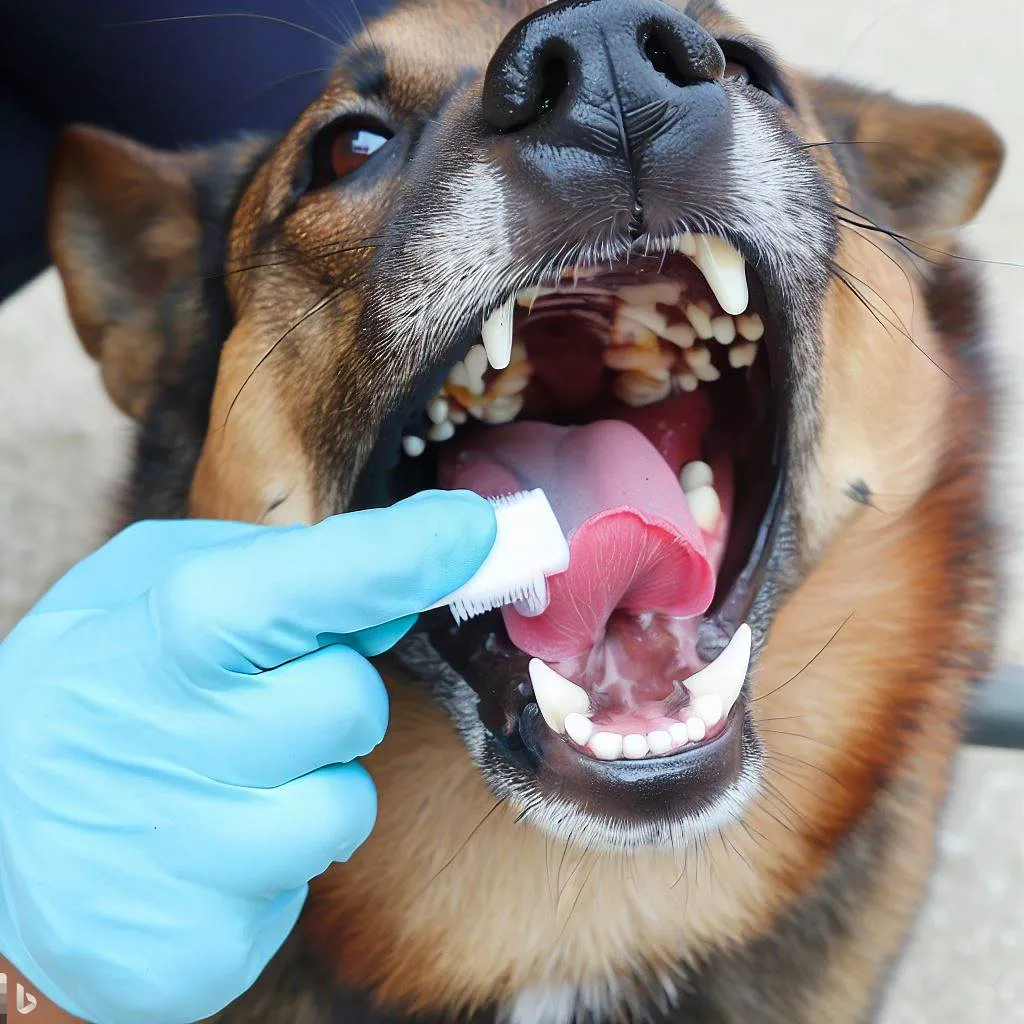
FAQs
Are dog mouths really cleaner than humans’?
No, this is a common misconception. Both dogs and humans have their own unique oral bacteria and require proper oral hygiene care.
Can I let my dog lick my face?
While it might seem affectionate, there are potential risks associated with dog licks, especially if you have a compromised immune system.
How often should I brush my dog’s teeth?
Regular brushing is recommended, ideally a few times a week, to maintain your dog’s oral health.
Is dental care important for dogs?
Yes, dental care is crucial for dogs to prevent issues like gum disease and tooth decay.
Can I use human toothpaste on my dog’s teeth?
No, human toothpaste often contains ingredients that are harmful to dogs if ingested. Always use toothpaste specifically designed for dogs.
Is bad breath in dogs a sign of a health problem?
Yes, persistent bad breath in dogs can indicate dental issues or other underlying health problems. Consult a veterinarian if your dog has chronic bad breath.
Conclusion
The belief that a dog’s mouth is inherently cleaner than a human’s is more fiction than fact. Both humans and dogs harbor a diverse range of microorganisms in their mouths, and the concept of cleanliness is not easily comparable between species. While dogs do have some natural mechanisms that can inhibit bacterial growth, it does not exempt them from the need for proper oral care.
